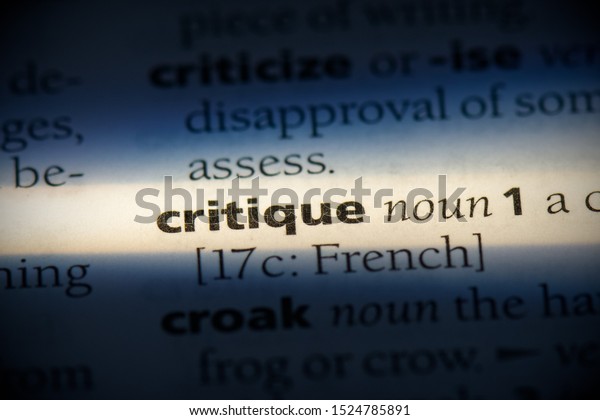
By Matt Sheedy
This is part-one of a two-part response to Watts and Mosurinjohn’s essay “Can Critical Religion Play by Its Own Rules? Why There Must Be More Ways to Be ‘Critical’ in the Study of Religion,” which recently appeared in the Journal of the American Academy of Religion.
Before detailing some of my disagreements with this essay, I should say that I was happy to see this article in print as it signals the relevance of what some have called Critical Religion (CR) in our discipline and offers an important opportunity for clarification and further debate. Too often, I feel, we forget that the ultimate aim of scholarship is to advance knowledge and not simply ‘win’ an argument, whatever that may mean in the short term. As someone interested in the idea of Critical Religion and who is trained in Critical Theory (of the Frankfurt School and post-structuralist varieties), I approach this essay as a chance to think more carefully about the aims, influences, and effects of these debates. Continue reading “Critical Religion and the Critical Study of Religion: A Response to Galen Watts and Sharday Mosurinjohn, Part 1”

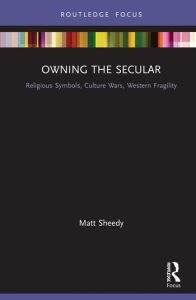 Exciting news from Edge member Matt Sheedy: his new book
Exciting news from Edge member Matt Sheedy: his new book 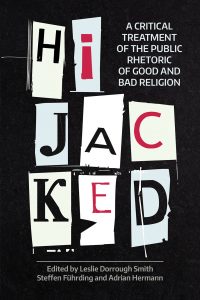 Just published:
Just published: 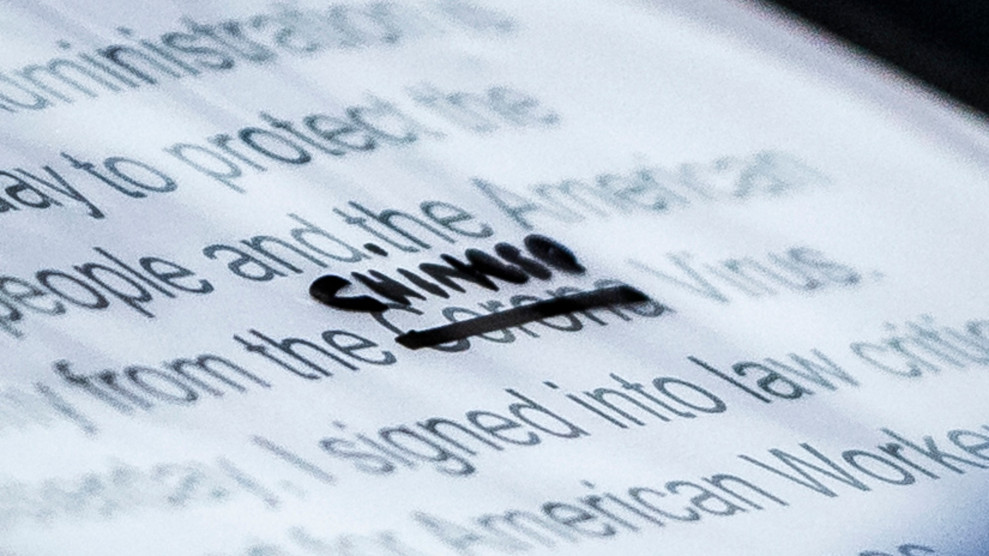
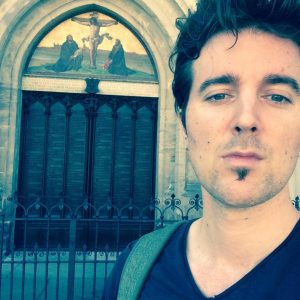 1. When people ask what you study, what do you tell them?
1. When people ask what you study, what do you tell them?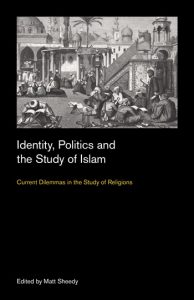 This interview is part of a series of interviews on new books from the Culture on the Edge book series with Equinox publishing.
This interview is part of a series of interviews on new books from the Culture on the Edge book series with Equinox publishing.